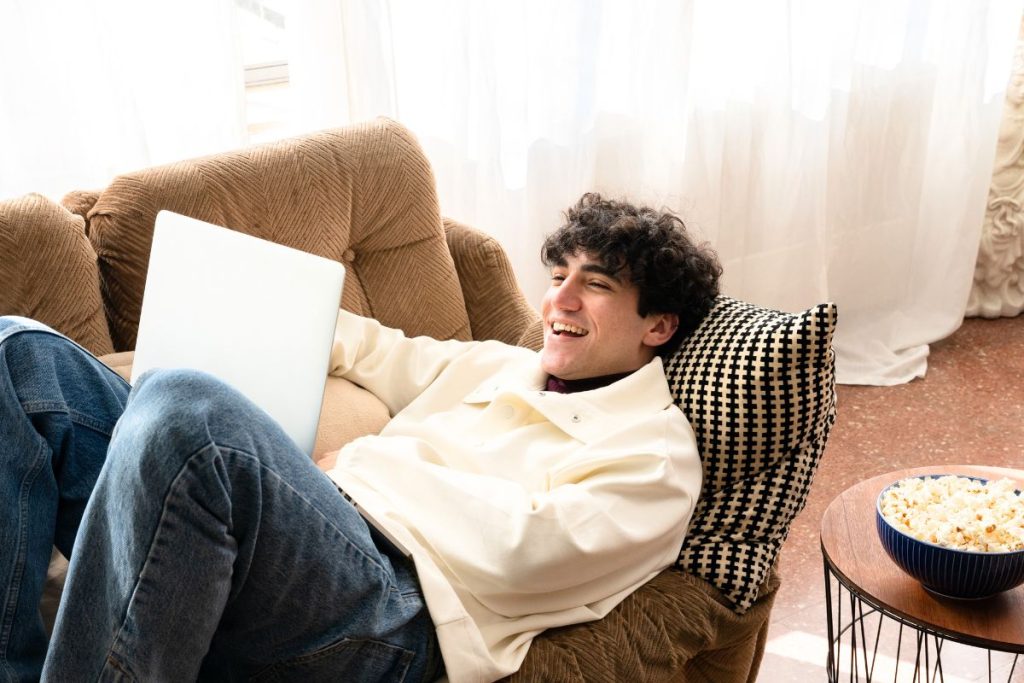What happens when a society on edge suddenly gains access to deadly weapons? That’s the question at the heart of Netflix’s latest dystopian hit, a drama that’s as gripping as it is unnerving. Blending brutal action with scathing social commentary, this 10-part series is rattling viewers and critics alike — and not just in South Korea.
A nation arms itself overnight
The series opens with a simple but chilling premise: what if South Korea, a country known for its strict gun laws and fiercely competitive culture, suddenly found itself awash with firearms?
No explanation. No permits. Just boxes of weapons mysteriously delivered to everyday citizens in the heart of Seoul. Among the first to act is Joeong-Tea, a young man suffocating under academic pressure and social isolation in a claustrophobic student room known as a gosiwon. Within minutes, a massacre unfolds — and it’s only the beginning.
As incidents escalate in scale and shock factor, from school shootings to vigilante revenge, society begins to spiral. One man — former soldier turned detective Lee Do — is left trying to piece together how and why this outbreak began. But with the violence spreading like wildfire, the question isn’t just who’s behind it — it’s whether it can be stopped at all.
Not just chaos — a mirror to society
At first glance, the series might seem like just another ultra-violent binge-watch. But dig a little deeper and it becomes clear that this is no ordinary action thriller. The real punch comes not from the shootouts, but from the series’ razor-sharp reflection of real-life pressures in modern South Korea.
Take this stark statistic: over 83% of South Korean youth reported mental health struggles in 2024, and suicide remains the leading cause of death for those aged 10 to 39. Against this backdrop, the story doesn’t feel far-fetched — it feels like a what-if scenario rooted in reality.
The show dares to ask: when society leaves you invisible, unheard, and crushed under pressure, what happens when a weapon offers the illusion of power?
A country primed for disaster?
There’s a particularly chilling line delivered by Moon Baek, the series’ shadowy architect of chaos: “South Korea is the easiest country to push into armed violence. Not because it’s violent. But because it’s ready.”
It’s a line that lingers long after the credits roll. South Korea’s compulsory military service means that half the population has already handled a firearm. Combine that with a brewing storm of social resentment, hyper-competition, and mental strain, and the fictional premise starts to feel disturbingly plausible.
Viewers are left to watch from the edge of their seats as seemingly normal citizens take justice — or revenge — into their own hands, turning the country into a battlefield overnight.
Critique or catharsis?
While some might dismiss the series as just another Netflix bloodbath — complete with borrowed visuals from action classics and the occasional clunky subplot — there’s a deeper thread running through it. This isn’t about glamorising violence. It’s about the ease with which frustration becomes fury, and how quickly the line between despair and destruction can vanish.
And yet, for all its commentary, the show also walks a fine line. It presents a catalogue of grievances — poverty, loneliness, overwork — and then offers an explosive release in the form of a gun. Cue Lee Do, the silent hero with a soft gaze and a sharp aim, sent to mop it all up. The message? That perhaps empathy, not enforcement, is the answer. But is that really enough?
Shooting towards uncomfortable truths
In the end, it’s not clear whether this drama is a warning or a fantasy. Does it ask, “What if this happened?” Or is it simply saying, “Look how close we already are”?
That ambiguity is what makes it so compelling — and unsettling. Because while the guns might be fictional, the pressure cooker it portrays is all too real. As you reach for the next episode, you’re left wondering: is this chaos just a story? Or is it a reflection of the cracks already forming beneath our feet?


